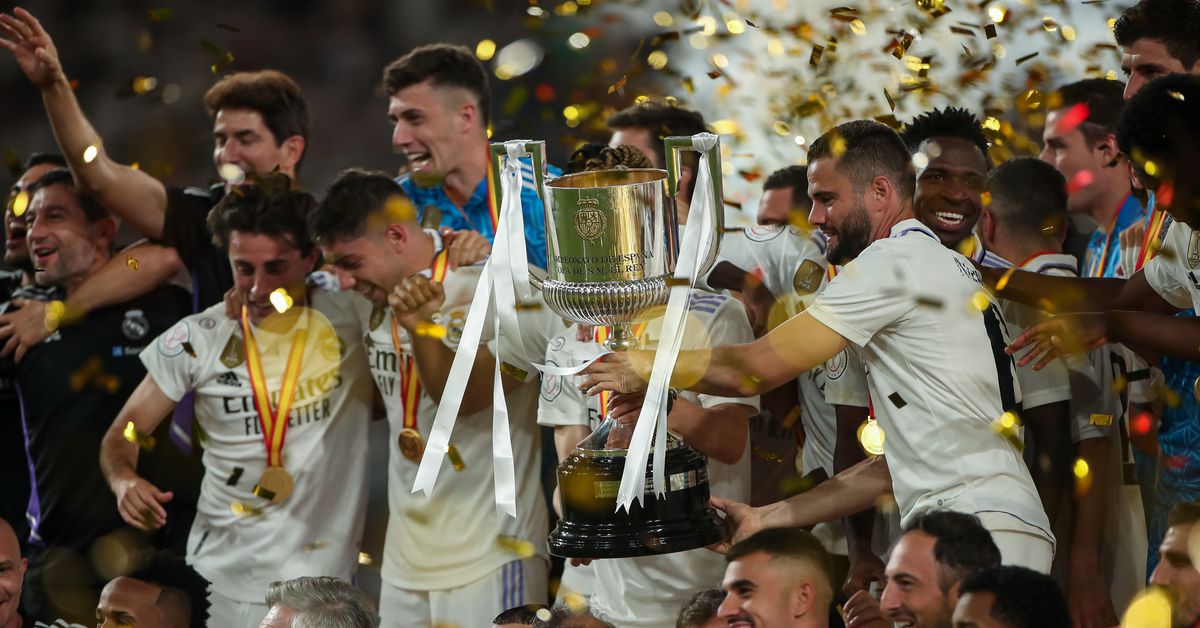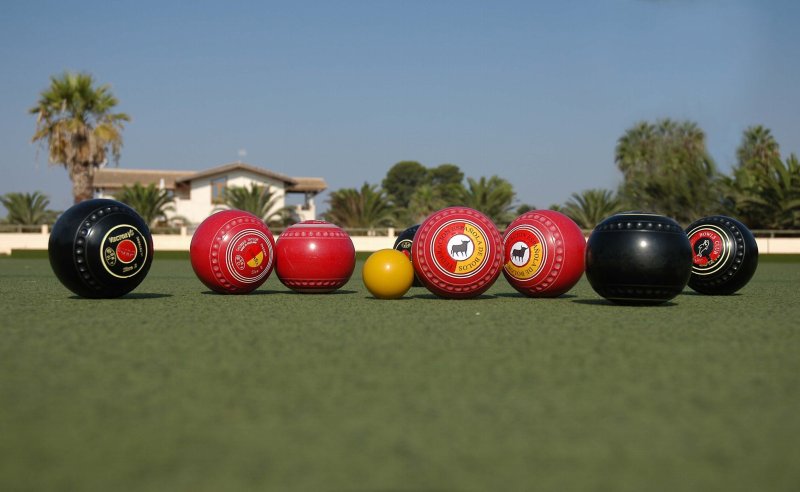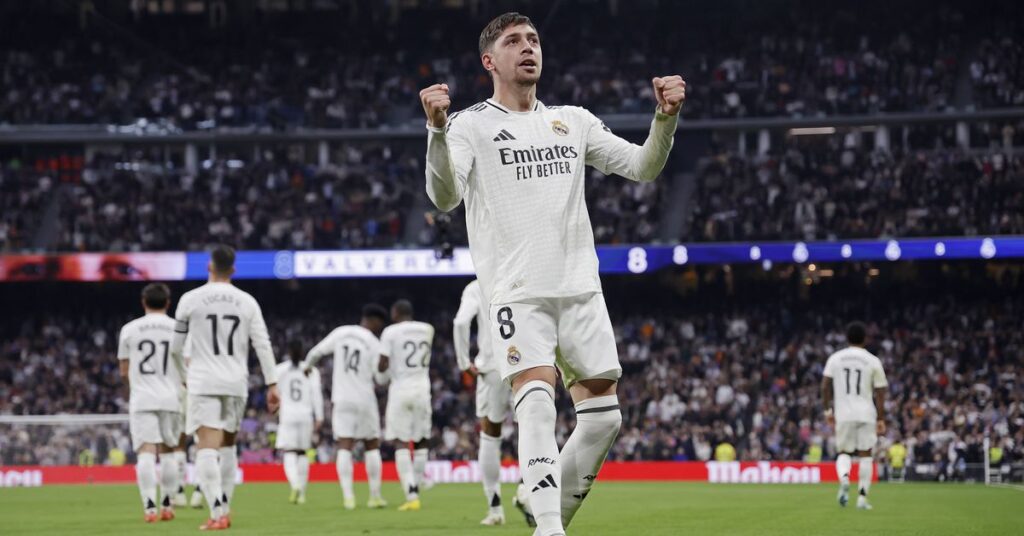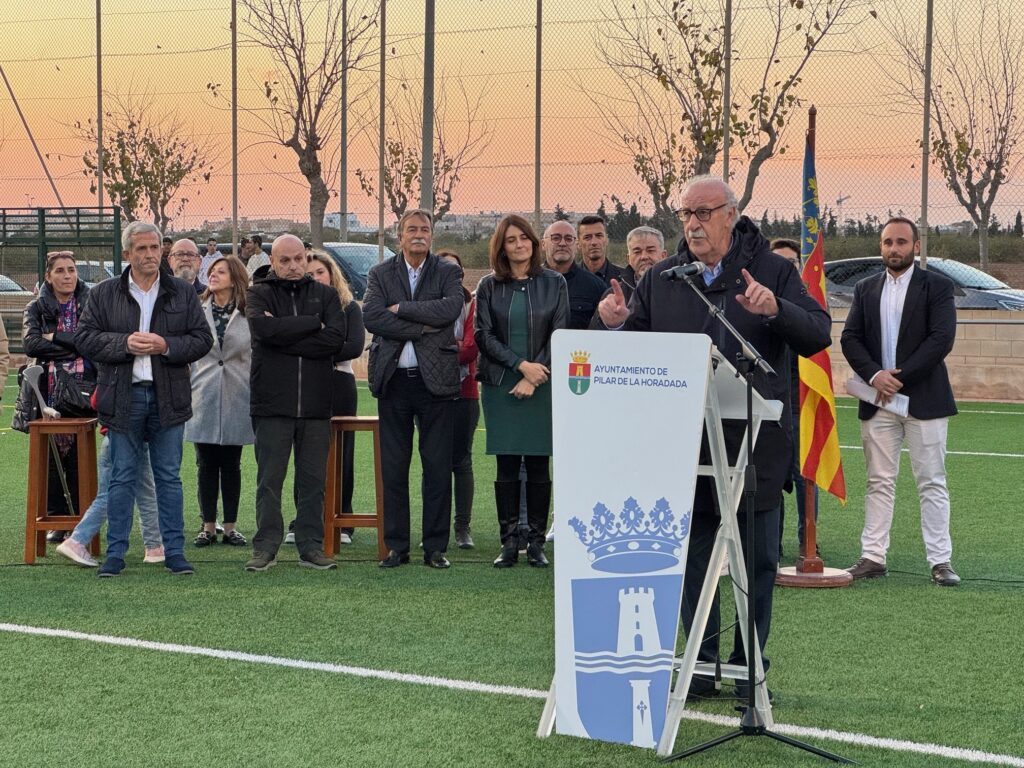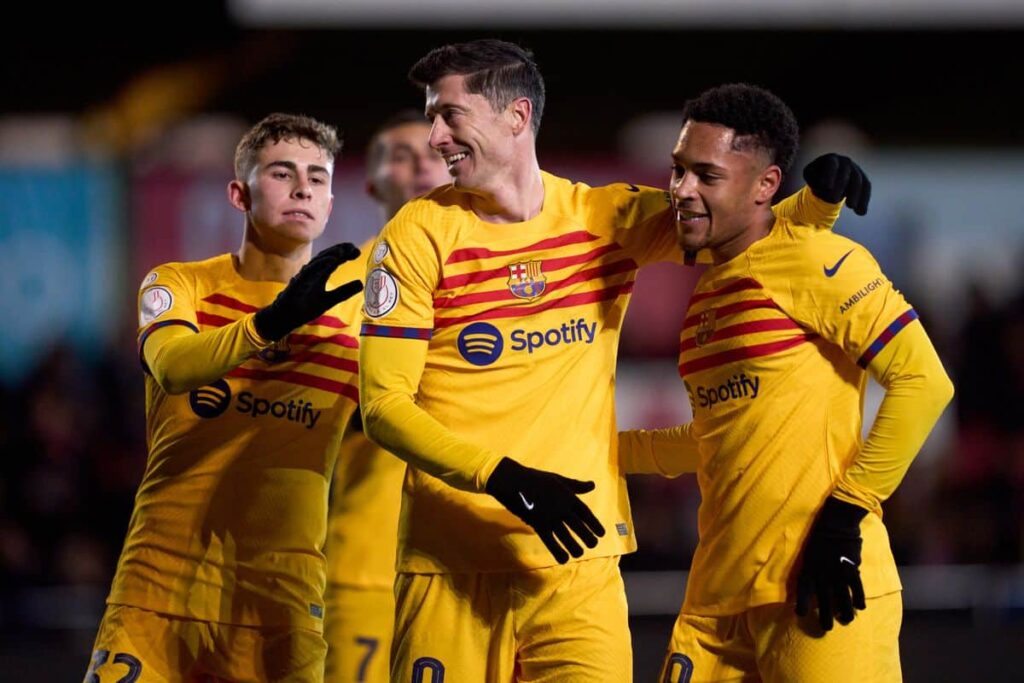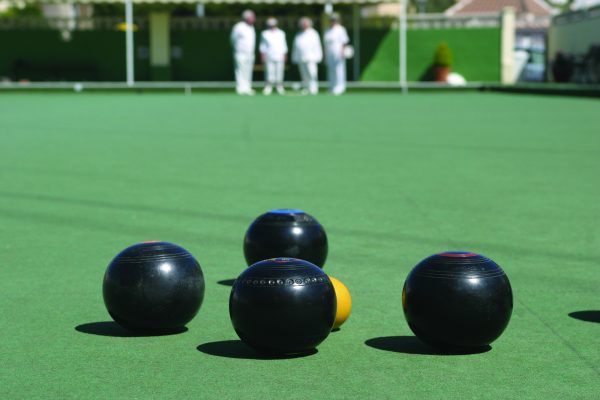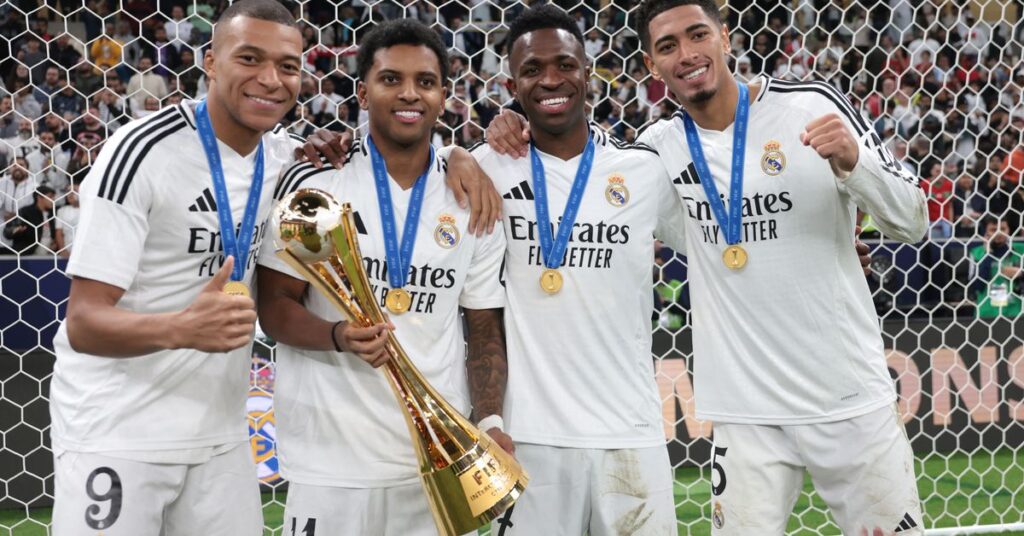Real Madrid, 15-time European champion and 36-time Spanish champion, has a love-hate (mostly hate) relationship with Spain’s premier cup competition, the Copa del Rey. After all, this is the only major trophy in which Real Madrid does not hold the record for most titles.
Real Madrid’s only period of true dominance in the Copa del Rey dates back to a time when both the club and the competition were known by different names. Founded by leaders of Athletic Club and Real Madrid in 1902 to celebrate the coronation of King Alfonso XIII, the Coronation Cup laid the foundations for what is today the Copa del Rey. The most refined tournament would later be called the Copa de His Majesty King Alfonso XIII. At that time, Real Madrid was still known as Madrid Fútbol Club, before receiving royal patronage.
Between 1905 and 1908, Madrid won the Copa del Rey four times in a row, a feat it never managed to repeat. In fact, since 1908, Madrid has only defended its title twice, in the 1940s and 1970s.
1905
A hard-fought final against Athletic Club (Bilbao) ended 1-0, with striker Manuel Prast scoring the decisive goal. This marked the first consecutive taste of cup success for Madrid.
1906
The team followed up with a comprehensive 4-1 victory over Athletic Club, consolidating their superiority at that time. Prast once again played a key role in the attack.
1907
Madrid’s third trophy came against a representative team from Biscay. Although accounts of the final result vary, most sources confirm that Madrid achieved a narrow 1-0 victory, extending their streak to three games in a row.
1908
A 2-1 result over Real Vigo Sporting secured Madrid’s fourth consecutive Cup.
Spanish midfielder Manuel Prast Rodríguez de Llano scored in the first three finals, helping Madrid to their only treble in the competition. In total, Prast played 29 games for Real Madrid.
During this early period, football in Spain was still developing. Formal administrative structures were largely absent, with many clubs, including Madrid FC, relying on a more community-based or player-led approach to training and tactics. Leadership often came from administrators such as Carlos Padrós, who served as president and oversaw the general management of the club, while senior players contributed to match strategy.
Despite occasional surges, notably the 2011 victory over Barcelona under José Mourinho, the 2014 triumph against Barcelona under Carlo Ancelotti and the 2023 final against Osasuna, these Copa del Rey successes have remained isolated achievements. instead of the beginning of a new era. of cup dominance.

 Workout
Workout
 Meditation
Meditation





 Contact Us
Contact Us
